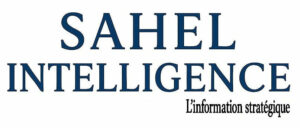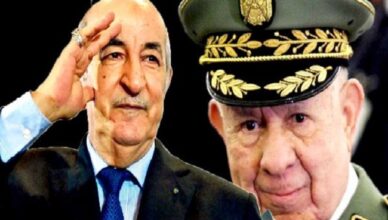According to analysts, to remain in office, President Abdelmadjid Tebboune, lacking real power, acquiesced to the will of Chengriha and his generals.
Officially a candidate in the early presidential election on September 7, President Tebboune is seen as incapable of making independent decisions due to the scandal involving his son in cocaine trafficking.
Abdelmadjid Tebboune signed a presidential decree, Decree No. 24-218 of June 27, 2024, allowing military leaders to take positions at the head of public and civil administrations. This decree outlines the conditions and procedures for career military personnel and contractors to be seconded to these administrations while retaining their status, rights, benefits, and privileges within the Army.
Experts confirm that Algeria, under President Tebboune’s regime, is dominated by a totalitarian military regime led by General Saïd Chengriha, Chief of Staff of the National People’s Army (ANP). This militarized regime suppresses the population and monopolizes vital economic sectors, thus preventing development and freedom.
The military controls the country’s main economic sectors, enriching the ruling elite at the expense of the people.
The national hydrocarbon company, Sonatrach, is under military control, which allocates contracts and licenses according to their interests, benefiting from the country’s oil and gas wealth.
Construction companies, often led by former officers or close associates of those in power, secure contracts without competitive bidding, perpetuating corruption. The transport sector is also under military control, with key infrastructures such as ports and airports managed by military entities, ensuring their grip on economic flows.
The military also owns extensive agricultural land, receiving significant subsidies, while small farmers struggle to survive. Banks and financial institutions are infiltrated by the military, limiting access to credit for independent entrepreneurs and stifling economic innovation.
Security and intelligence services also wield power over the press, television channels, and social media, suppressing opposition and disseminating regime-friendly information. Independent media outlets are silenced, and dissenting voices are systematically censored.

